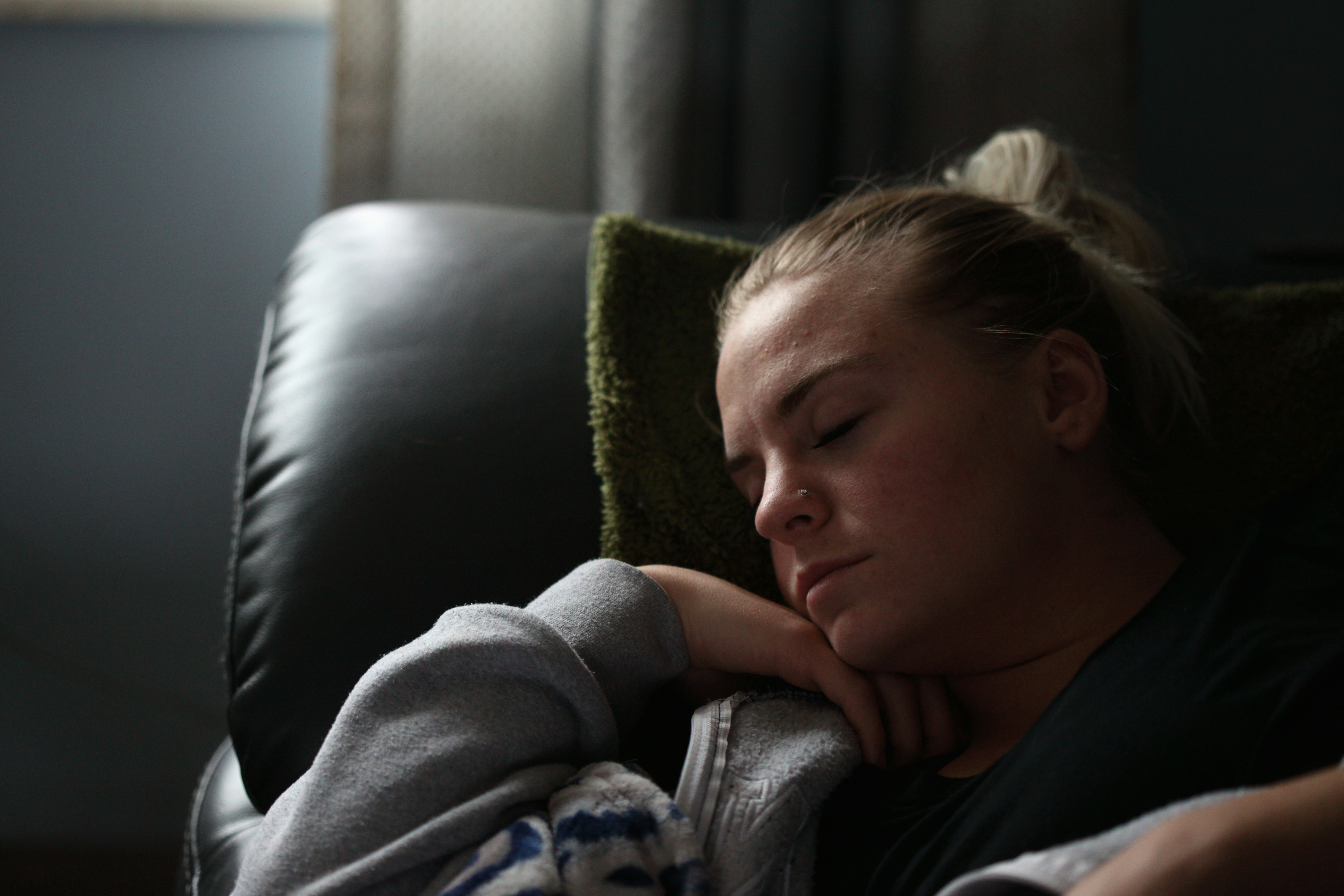Dream of washing your hair
by DreamofWhat

Dreaming about washing your hair is often seen as a powerful symbol with deep meanings. In this article, we will explore the various interpretations of dreams involving washing your hair, from cultural beliefs to modern psychological analysis.
Dreams about washing your hair can reveal insights into your subconscious, shedding light on your emotions, desires, and concerns. Understanding these dreams can provide valuable guidance in your waking life.
Read on to learn more about the symbolism of dreaming about washing your hair and how it may relate to your current situation.
Dream of washing my hair
Dreaming of washing your hair, the sorrow will pass, which indicates that you will understand a certain truth recently and will quickly solve the current problem.
When men dream of washing their hair, their work difficulties will be solved and a new beginning will soon be ushered in.
When women dream of washing their hair, they will be favored by the opposite sex, and they will also be happy because they receive the attention of the opposite sex, so that they can learn to dress themselves and let themselves exude greater charm.
Businessmen dream of washing their hair, which will release some of the trapped money. Although there will be losses, it is better than being trapped without even having the opportunity to use it.
If the patient dreams of washing his hair, his body will recover quickly. After experiencing this illness, he will have a different outlook on life and live a more cheerful and lively life.
If students dream of washing their hair, they will get good grades and be praised by their elders, but they cannot be proud of it.
A pregnant woman dreams of washing her hair, which means that you are ready for production. Nothing can scare you. If you have a very good mentality, you will definitely be able to produce smoothly.
Note: This article includes elements of superstition and is for entertainment purposes only. For any concerns regarding your dreams or mental health, it's recommended to consult a psychologist or medical professional.